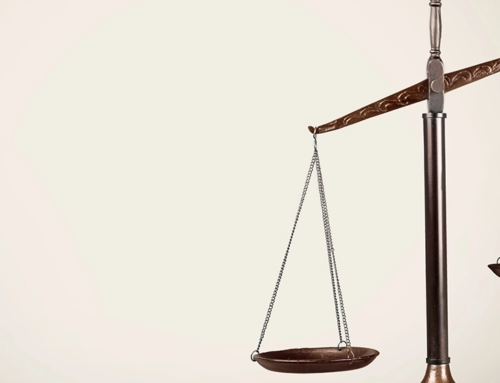WILLS VS TRUSTS: KNOW THE DIFFERENCE
WILLS VS TRUSTS: KNOW THE DIFFERENCE
Two of the most widely used in estate planning documents are wills and trusts. Wills and trusts are legal documents that ensure your assets are passed down to your loved ones (ie: heirs) as per your wishes. Although they form as a legal document to distribute your assets to your loved ones, they operate in quite different ways. So, what is the difference between wills and trusts?
Difference between Wills and Trusts: –
- When they take effect?
A will are usually made to give instructions to your executors on how to distribute your assets, monies and properties after you passed away. In simple words, a legally drafted will only takes effect upon your death. When drafting a will, you can name your executors (to execute your will), your beneficiaries (persons receiving your assets), guardian of your minor children and even to name your trustees. Once you have passed away, your appointed executor will execute and distribute your assets accordingly as per your wishes, provided your will is legal.
Whereas trusts, it takes effect as soon as your trust document is signed and your assets are transferred into the name of the trustee to manage the assets. This means that the distribution or transfer of the assets can take place before you passed away.
- What kind of assets does it covers?
For will, you may wish to include any assets that are solely owned by you, whether it is tangible or intangible assets such as immovable properties (ex: houses, buildings or lands), movable properties (ex: vehicles, bank accounts, cash, shares or jewellery), Intellectual property and others. However, it is important to take note that a will does not cover assets that are joint-owned by you with the others. Similar like will, trust can also cover any type of assets. However, it only works for a specific asset that you stated in the trust deed (ie: the trust document).
- Probate process
Assets in a trust does not have to go through the probate process, but wills do. For wills, before your executor can distribute your assets, he needs to obtain a grant of probate from the High Court which will legally appoint your executor to manage and distribute your assets. Unlike wills, trust does not require your family to go through a lengthy process of probate. This means that when you have a trust set up, the distribution of your assets happens in the privacy of your office.
- Revocation
For revocation of the will, it can takes place any time before your death, whereas for trusts, it depends entirely on the type of trust created by you (ex: revocable trust or irrevocable trust).
Below is the key comparison chart for your reference: –
| WILLS | TRUSTS | |
| Effective Date | After one’s death | Once signed and transferred |
| Document | Will | Trust Deed |
| Covers | All assets of the testator’s estate | Only specific asset as stated in the trust deed |
| Probate | The will goes through the probate process (need to obtain grant of probate from the High Court) | The trust does not go through the probate process |
| Revocation | Any time before the death of the testator | Depends on the type of the trust created |



















